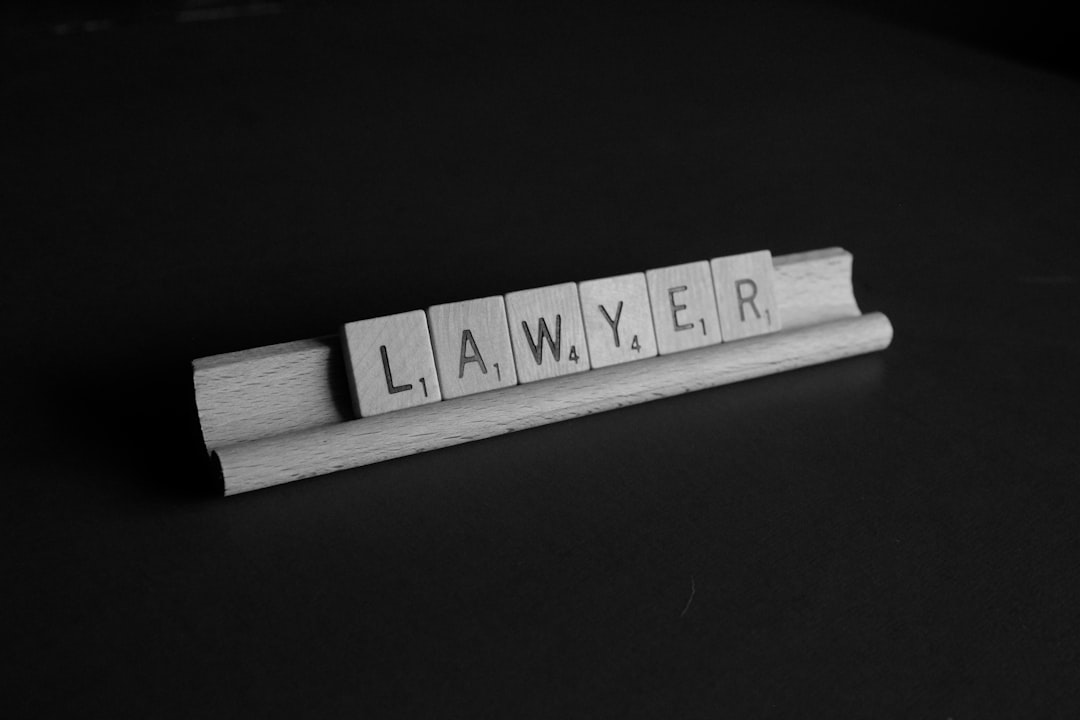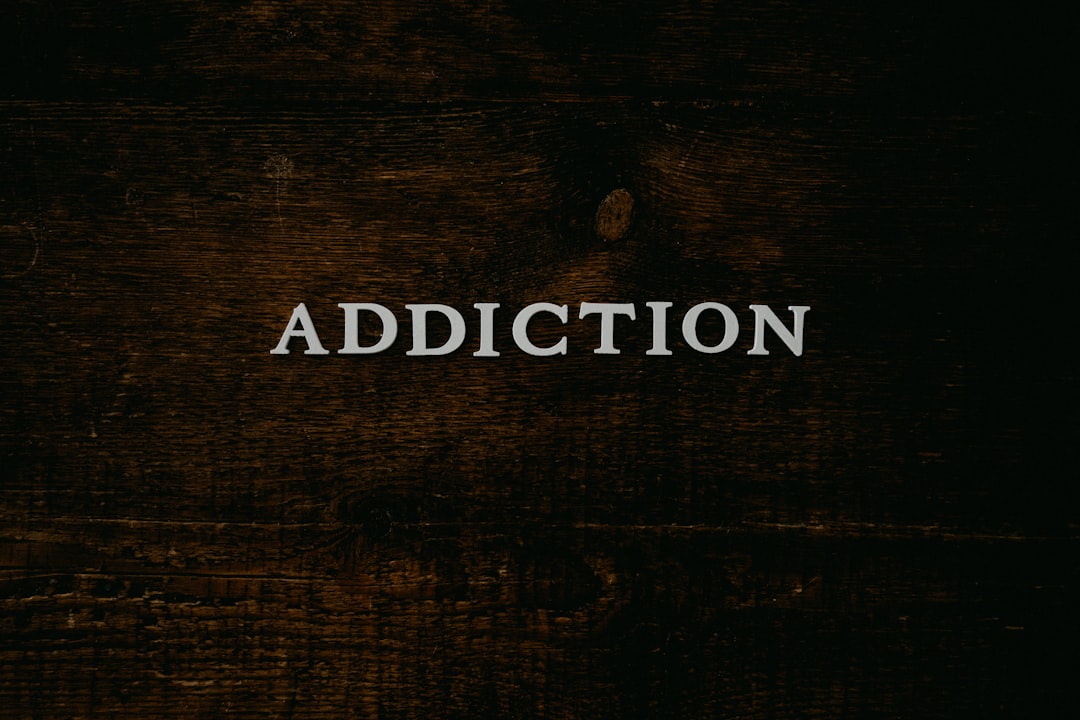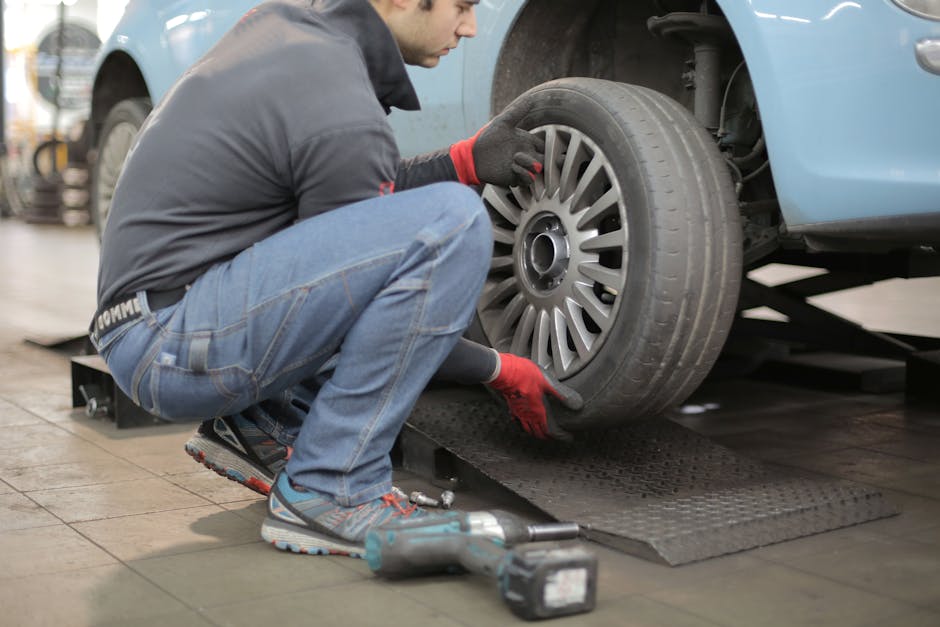
Do you or a loved one suffer from substance abuse? If this is the case, you are not alone, and it is never too late to seek help. For teens, in particular, substance abuse may seem like an unavoidable part of life, but there are many effective treatment options available to support your recovery from drug and alcohol abuse. Understanding the reasons of juvenile substance misuse and how to recover from addiction in the long term are key components of understanding how to recover from addiction in the short term; this thorough guide to youth substance abuse recovery will cover all of this and more.
It can be difficult to recognize because addiction has different signs and symptoms for everyone. The sooner someone suffering from an addiction seeks treatment, the better their chances of recovery. And the sooner they seek treatment, the less likely it is that they will develop an addiction in the first place. So, if you know someone who is exhibiting warning signs or symptoms of addictive disease, or who may have an addictive problem themselves, it is vital that they seek professional treatment as soon as possible.
Many of these people do not know that addiction can be a side effect of using these drugs, and this is often because prescription pain relievers are prescribed by doctors after surgery or other medical procedures. Adolescents suffering from chronic pain disorders such as arthritis, migraines, and cancer may also be prescribed these medicines by their doctors. It’s difficult to get off these drugs without professional help, which can include medications such as methadone or buprenorphine (Suboxone). Click here for more helpful tips.
If you’re concerned that your child may be using drugs or alcohol, there are some warning signs and symptoms you should look for. A change in mood, sleep patterns, or eating habits; a change in friends or a decline in grades; obsessions with drug paraphernalia such as pipes or needles; and a fixation with getting high are all examples of behavioral changes. Strange odors on clothing or breath. Physical manifestations of substance abuse include dilated pupils, bloodshot eyes, track marks, and needle marks.
Detoxification is the first phase of addiction treatment and involves reducing or eliminating the use of addictive substances. The process can be uncomfortable, but it’s also essential for recovering from substance abuse. Detoxification can be accomplished by medical detoxification and/or behavioral therapy. Spending time in rehabilitation centers is an excellent way to get the assistance you require to recover from your substance abuse. There are many different types of rehabilitation centers that offer different levels of care, which means you can find a place that meets your needs and will help you get back on track with your life. If you require medical detoxification, rehabilitation, or aftercare planning, you have a number of options. This page has all the info you need. Check it out!
 What You Need to Know When Looking for the Best Legal Steroids
What You Need to Know When Looking for the Best Legal Steroids  Liking, Commenting and Mentioning
Liking, Commenting and Mentioning Beginning Boat Maintenance Routines Everybody that owns a boat recognizes that there are many points that can go wrong while on the water. Click for boat muffs on this website. The good news is, there are likewise numerous points that can be done to avoid these issues from taking place to begin with.
Beginning Boat Maintenance Routines Everybody that owns a boat recognizes that there are many points that can go wrong while on the water. Click for boat muffs on this website. The good news is, there are likewise numerous points that can be done to avoid these issues from taking place to begin with.  A Comprehensive Guide to Young People’s Substance Abuse Recovery
A Comprehensive Guide to Young People’s Substance Abuse Recovery Myths About Building Biceps
Myths About Building Biceps What is Testolone? Testolone is a careful androgen receptor modulator. It simulates the activity of testosterone in the body and also has countless benefits, consisting of boosting endurance, muscle mass strength, as well as sports efficiency. Nonetheless, the World Anti-Doping Company and also the National Collegiate Athletic Organization have banned this steroid from being used in affordable sports. Click here for more info. In spite of its ban, nevertheless, it is still useful for a variety of reasons. Testolone is a supplement made use of by athletes, bodybuilders, as well as other sportspersons. It can be absorbed numerous kinds and also does. Typically, body builders as well as professional athletes suggest 10 to 30 milligrams daily. Ladies, on the other hand, can take in between five and ten milligrams. The supplement is handled a cycle, which lasts in between 8 and twelve weeks. Testolone is a compound found normally in the body. It improves toughness as well as endurance, as well as its effects can be seen in as little as 2 weeks. Testolone also helps you last much longer throughout high-intensity workout. But you need to be careful when picking a supplement, as some products might give you an incorrect sense of stamina and may even result in injury. Testosterone advantages consist of an increase in physical endurance, raised sex-related drive, and also raised power levels. The negative adverse effects of this substance are not well comprehended. Nonetheless, the benefits are worth taking into consideration. Many body builders have located testolone to be an extremely reliable alternative to testosterone therapy. These supplements do not cost a great deal and also can be utilized in the convenience of your residence. One more supplement is RAD140. It helps raise muscle mass and recovery after arduous exercise. It boosts red blood cells as well as healthy protein synthesis, which assists build as well as repair muscle mass tissue much faster. Just like any type of supplement, it can be made use of together with various other supplements for far better outcomes. The downside to utilizing Testolone is the increased opportunities of acne and loss of hair. Testosterone can improve cholesterol levels in the body. It enhances HDL cholesterol and lowers LDL cholesterol. While this is good for those with low cholesterol, the disadvantage is that it can increase blood pressure. For that reason, it is not the ideal supplement for everybody. Click for more info on this website. Nevertheless, it does have a few advantages that might deserve a try. Testosterone is typically made use of by body builders and also athletes for muscle building. The best part is that it has very little adverse effects compared to several steroid products. Read more here on this page to
What is Testolone? Testolone is a careful androgen receptor modulator. It simulates the activity of testosterone in the body and also has countless benefits, consisting of boosting endurance, muscle mass strength, as well as sports efficiency. Nonetheless, the World Anti-Doping Company and also the National Collegiate Athletic Organization have banned this steroid from being used in affordable sports. Click here for more info. In spite of its ban, nevertheless, it is still useful for a variety of reasons. Testolone is a supplement made use of by athletes, bodybuilders, as well as other sportspersons. It can be absorbed numerous kinds and also does. Typically, body builders as well as professional athletes suggest 10 to 30 milligrams daily. Ladies, on the other hand, can take in between five and ten milligrams. The supplement is handled a cycle, which lasts in between 8 and twelve weeks. Testolone is a compound found normally in the body. It improves toughness as well as endurance, as well as its effects can be seen in as little as 2 weeks. Testolone also helps you last much longer throughout high-intensity workout. But you need to be careful when picking a supplement, as some products might give you an incorrect sense of stamina and may even result in injury. Testosterone advantages consist of an increase in physical endurance, raised sex-related drive, and also raised power levels. The negative adverse effects of this substance are not well comprehended. Nonetheless, the benefits are worth taking into consideration. Many body builders have located testolone to be an extremely reliable alternative to testosterone therapy. These supplements do not cost a great deal and also can be utilized in the convenience of your residence. One more supplement is RAD140. It helps raise muscle mass and recovery after arduous exercise. It boosts red blood cells as well as healthy protein synthesis, which assists build as well as repair muscle mass tissue much faster. Just like any type of supplement, it can be made use of together with various other supplements for far better outcomes. The downside to utilizing Testolone is the increased opportunities of acne and loss of hair. Testosterone can improve cholesterol levels in the body. It enhances HDL cholesterol and lowers LDL cholesterol. While this is good for those with low cholesterol, the disadvantage is that it can increase blood pressure. For that reason, it is not the ideal supplement for everybody. Click for more info on this website. Nevertheless, it does have a few advantages that might deserve a try. Testosterone is typically made use of by body builders and also athletes for muscle building. The best part is that it has very little adverse effects compared to several steroid products. Read more here on this page to 

 How Does Dependency Start? Drug and alcohol addiction starts in the center accumbens, the pleasure facility in the brain. When a person takes part in a satisfying activity, their mind releases dopamine, a chemical that serves as a reward and also motivates them to proceed the behavior. Nonetheless, repeated medication or alcohol use alters this procedure, and also the mind slowly ends up being based on the substance, resulting in tolerance as well as addiction. Once this occurs, the body experiences withdrawal signs and symptoms when it no more gets the material. As soon as an addicted individual realizes the risks of their dependency, they attempt to quit the substance. Nonetheless, specific triggers as well as other factors in their life can cause a relapse. This regression spirals back right into the addiction, and also the individual feels trapped in the cycle of use. The good news is, treatment can help stop the cycle and also lead to recovery. When a person takes a habit forming material, their mind shops info concerning it in the amygdala and also hippocampus. This details comes when the individual is experiencing a craving for the material. See page and click for more details now! The brain after that produces a conditioned reaction in response to these environmental signs. There are lots of signs that suggest the visibility of dependency. These include adjustments in rest patterns, problems at work, as well as the development of new social teams. Additionally, a person might come to be deceptive as well as look for even more money or conceal making use of materials. These are all signs that an addiction is creating, however therapy is never out of reach. Addiction is a chronic brain problem that influences many functions of the mind. This link will help you to learn more about this article so
How Does Dependency Start? Drug and alcohol addiction starts in the center accumbens, the pleasure facility in the brain. When a person takes part in a satisfying activity, their mind releases dopamine, a chemical that serves as a reward and also motivates them to proceed the behavior. Nonetheless, repeated medication or alcohol use alters this procedure, and also the mind slowly ends up being based on the substance, resulting in tolerance as well as addiction. Once this occurs, the body experiences withdrawal signs and symptoms when it no more gets the material. As soon as an addicted individual realizes the risks of their dependency, they attempt to quit the substance. Nonetheless, specific triggers as well as other factors in their life can cause a relapse. This regression spirals back right into the addiction, and also the individual feels trapped in the cycle of use. The good news is, treatment can help stop the cycle and also lead to recovery. When a person takes a habit forming material, their mind shops info concerning it in the amygdala and also hippocampus. This details comes when the individual is experiencing a craving for the material. See page and click for more details now! The brain after that produces a conditioned reaction in response to these environmental signs. There are lots of signs that suggest the visibility of dependency. These include adjustments in rest patterns, problems at work, as well as the development of new social teams. Additionally, a person might come to be deceptive as well as look for even more money or conceal making use of materials. These are all signs that an addiction is creating, however therapy is never out of reach. Addiction is a chronic brain problem that influences many functions of the mind. This link will help you to learn more about this article so